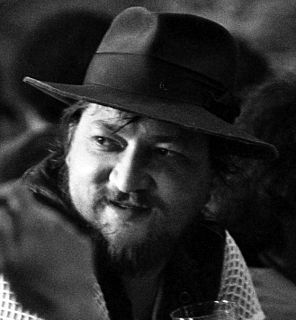A Quote by Arthur Schopenhauer
To be shocked at how deeply rejection hurts is to ignore what acceptance involves. We must never allow our suffering to be compounded by suggestions that there is something odd in suffering so deeply. There would be something amiss if we didn't.
Related Quotes
The second noble truth states that we must discover why we are suffering. We must cultivate the courage to look deeply, with clarity and courage, into our own suffering. We often hold the tacit assumption that all of our suffering stems from events in the past. But, whatever the initial seed of trauma, the deeper truth is that our suffering is more closely a result of how we deal with the effect these past events have on us in the present.
If we take the time to look deeply, we see that understanding and compassion arise from suffering. Understanding is the understanding of suffering, and compassion is the kind of energy that can transform suffering. If suffering is not there, we have no means to cultivate our understanding and our compassion. This is something quite simple to see
Something is amiss, deeply wrong, something is deeply wrong with the way we're living our lives collectively, with the way we are creating our collective experience on earth. And we are coming to the conclusion that the problem after all is not political, that the problem after all is not economic, that the problem after all cannot be solved with bombs or missiles or bullets, but that the problem in fact is spiritual, that the problem with the world today is as it has always been, a problem of our most basic beliefs. Without a doubt it`s a spiritual awakening and a spiritual revolution.
Our role as gardeners is to choose, plant and tend the best seeds within the garden of our consciousness. Learning to look deeply at our consciousness is our greatest gift and our greatest need, for there lie the seeds of suffering and of love, the very roots of our being, of who we are. Mindfulness...is the guide and the practice by which we learn how to use the seeds of suffering to nourish the seeds of love.
Learning is to discover that something is possible. We are using most of our energies for self-destructiv e games, self-preventing games. We prevent ourselves from growing the very moment something unpleasant, something painful comes up. At that moment we become phobic, we run away, we desensitize ourselves. Neurotic suffering is suffering in imagination, suffering in fantasy.
In order to live fully we may need to look deeply at our own suffering and at the suffering of others. In the depths of every wound we have survived is the strength we need to live. The wisdom our wounds can offer us is a place of refuge. Finding this is not for the faint of heart. But then, neither is life.








































